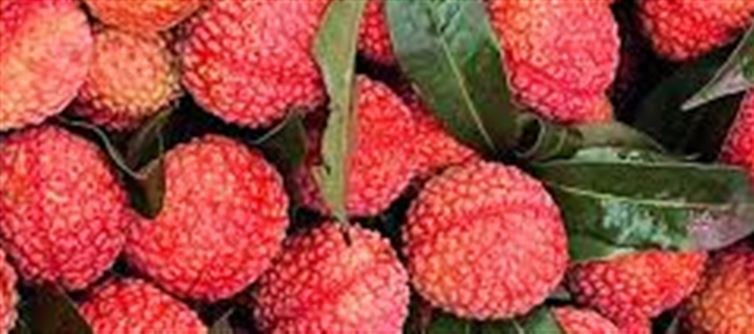
Monsoon is a season of fresh, juicy fruits that not only taste great but also strengthen immunity, aid digestion, and boost overall wellness. Including these fruits in your daily diet can help you stay healthy and energized even during the rainy season. Here are the top 5 monsoon fruits to enjoy:
1. Jamun (Indian Blackberry)
- Why it helps: Jamun is rich in vitamin C, iron, and antioxidants, which support immune function and digestion.
- How to eat: Eat fresh, or enjoy as jamun juice or smoothies.
- Wellness benefit: Helps fight infections, control blood sugar, and improve gut health.
2. Lychee
- Why it helps: Packed with vitamin C, polyphenols, and antioxidants, lychee helps combat free radicals.
- How to eat: Consume fresh lychees, or add to fruit salads and smoothies.
- Wellness benefit: Boosts immunity, keeps skin healthy, and provides natural hydration.
3. Guava
- Why it helps: Guava is loaded with vitamin C, fiber, and potassium, making it a powerful immunity booster.
- How to eat: Eat raw with a sprinkle of salt and chili or make fresh guava juice.
- Wellness benefit: Supports digestion, heart health, and protects against common infections.
4. Papaya
- Why it helps: Papaya contains vitamin A, C, and digestive enzymes like papain.
- How to eat: Eat ripe papaya directly or blend into smoothies and fruit bowls.
- Wellness benefit: aids digestion, improves immunity, and keeps your skin glowing.
5. Pears
- Why it helps: Pears are rich in fiber, antioxidants, and vitamins, which help maintain energy levels and digestive health.
- How to eat: Eat raw or lightly poached for a refreshing treat.
- Wellness benefit: Strengthens immunity, promotes gut health, and hydrates the body.
Bottom Line
Incorporating these top 5 monsoon fruits—jamun, lychee, guava, papaya, and pears—into your daily diet can help you fight infections, boost immunity, and support overall wellness. Pairing them with a balanced diet and proper hydration ensures you stay healthy and energized throughout the rainy season.
Disclaimer:
The views and opinions expressed in this article are those of the author and do not necessarily reflect the official policy or position of any agency, organization, employer, or company. All information provided is for general informational purposes only. While every effort has been made to ensure accuracy, we make no representations or warranties of any kind, express or implied, about the completeness, reliability, or suitability of the information contained herein. Readers are advised to verify facts and seek professional advice where necessary. Any reliance placed on such information is strictly at the reader’s own risk.
.jpg)




 click and follow Indiaherald WhatsApp channel
click and follow Indiaherald WhatsApp channel